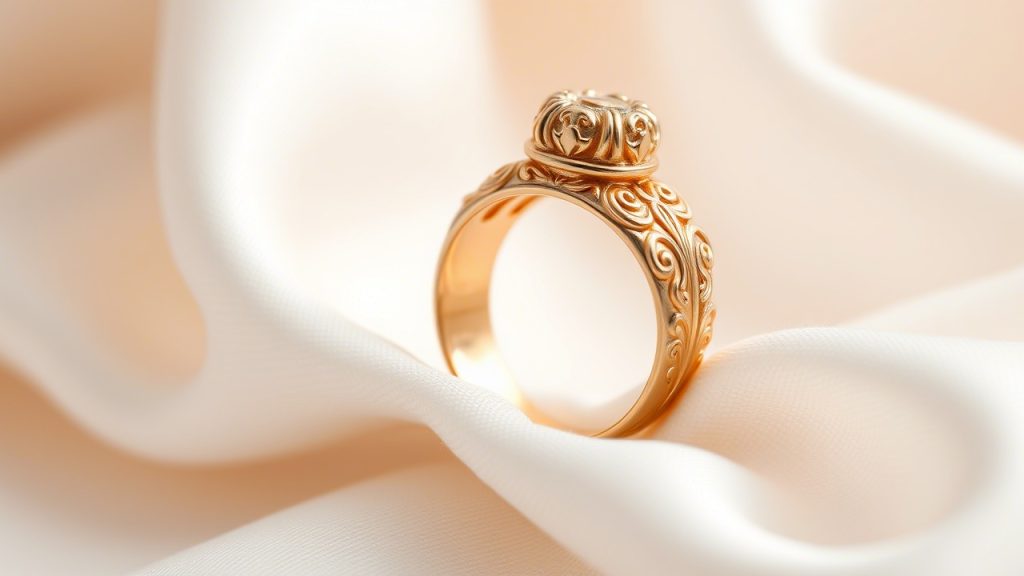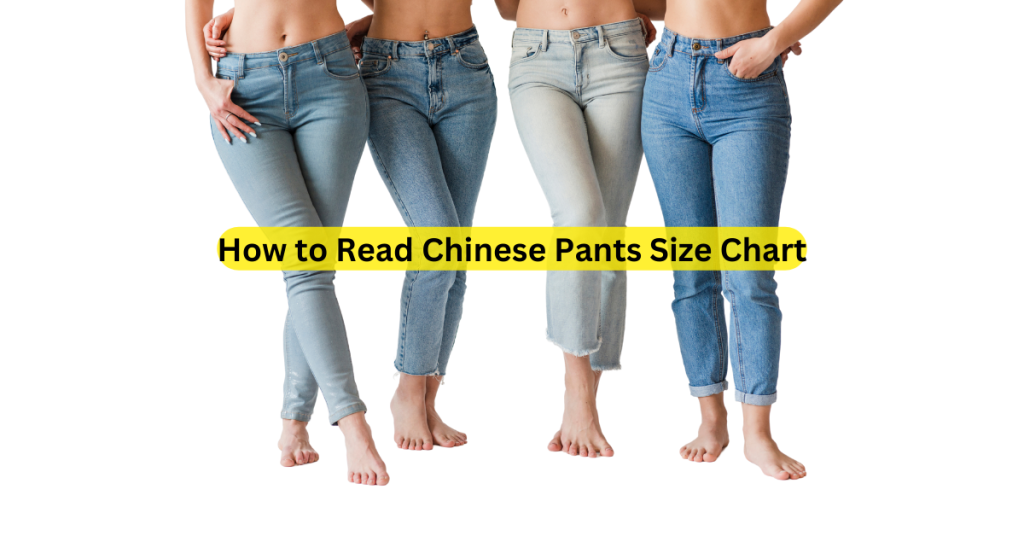Gold vs. Silver Rings: Which One is Better for You?
When it comes to choosing a ring, one of the most fundamental decisions you will make is whether to go for gold or silver. Both materials have their own unique qualities, aesthetic appeal, and cultural significance, making them popular choices for a variety of occasions, from engagements to everyday wear. But with so many factors to consider, including color, durability, price, and personal style, it can be challenging to decide which metal is the best fit for you.
We will explore the differences between gold and silver rings, helping you understand the pros and cons of each so that you can make an informed decision based on your preferences, lifestyle, and budget.
The Basics of Gold and Silver Rings
Before we dive into the detailed comparison, let’s quickly review the fundamental differences between gold and silver rings.
Gold Rings
Gold is a timeless, luxurious metal known for its rich color and long-lasting value. It has been used in jewelry for thousands of years and remains one of the most popular choices for rings. Gold comes in various purities and colors, including yellow gold, white gold, and rose gold.
Types of Gold:
- Yellow Gold: Classic and traditional, yellow gold is the most recognizable form of gold, with a warm, rich tone.
- White Gold: Created by alloying gold with white metals like palladium or silver, white gold has a sleek, modern appearance and often resembles platinum.
- Rose Gold: Rose gold is made by alloying gold with copper, giving it a unique pinkish hue that has gained popularity in recent years.
Gold is often measured in karats (k) to indicate its purity. For example, 24k gold is 100% pure, while 18k gold contains 75% gold and 25% other metals.
Silver Rings
Silver, on the other hand, is a more affordable and versatile option. Sterling silver, which is 92.5% pure silver, is the most common form used in jewelry, as pure silver is too soft for everyday wear. Silver rings are known for their bright, shiny finish, and they can easily be polished to maintain their luster.
Characteristics of Silver:
- Sterling Silver: The most popular choice for silver rings, made from 92.5% pure silver and 7.5% alloy metals (usually copper) to enhance durability.
- Argentium Silver: A modern variation of sterling silver, known for its higher resistance to tarnish, thanks to the inclusion of germanium.
- Fine Silver: Made from 99.9% pure silver, fine silver is more malleable and softer, making it less common in jewelry.
Now that we understand the basic differences, let’s dive into the specific advantages and disadvantages of both gold and silver rings.
Gold vs. Silver Rings: A Detailed Comparison
Below is a detailed comparison of gold and silver rings, highlighting key factors that can help you decide which one is best for you.
| Factor | Gold Rings | Silver Rings |
|---|---|---|
| Aesthetic Appeal | Warm, luxurious, timeless. Available in various shades (yellow, white, and rose). | Shiny, bright, and more affordable with a cool, sleek look. |
| Durability | Highly durable and resistant to corrosion; 18k and 14k gold are especially durable for everyday wear. | Less durable than gold; can tarnish over time, but can be polished easily. |
| Price | More expensive, especially for higher karat gold or custom designs. | More affordable and budget-friendly. |
| Weight | Heavier and feels more substantial on the finger, especially with larger designs. | Lighter in weight, making it ideal for those who prefer less bulk. |
| Maintenance | Requires occasional cleaning and polishing, but generally low maintenance. | Requires more frequent cleaning due to tarnishing. |
| Hypoallergenic | Pure gold (24k) is hypoallergenic, but some alloys may cause irritation (especially in lower karat gold). | Sterling silver is generally hypoallergenic, but can cause reactions in some individuals with metal sensitivities. |
| Style Range | Ideal for classic, luxurious designs like engagement rings, wedding bands, and heirlooms. | More versatile and suited for trendy, casual, or contemporary designs. |
| Resale Value | Gold has a higher resale value due to its intrinsic worth. | Silver has a lower resale value, as it is not as valuable as gold. |
| Longevity | Can last for generations with proper care, making it a great choice for heirloom pieces. | Can last many years, but is more prone to damage and tarnishing. |
| Alloy Options | Can be alloyed with other metals (e.g., copper, silver, palladium) for different finishes and colors. | Limited alloy options, usually combined with copper to create sterling silver. |
Advantages of Gold Rings
- Timeless Elegance: Gold rings are known for their timeless beauty and classic appeal. They are often seen as symbols of luxury, wealth, and status, which makes them a popular choice for special occasions like engagements, weddings, and anniversaries.
- Durability: Gold is an incredibly durable metal that can withstand daily wear and tear. Higher karat gold (18k or 22k) is especially resistant to corrosion, oxidation, and tarnishing.
- Hypoallergenic Properties: Pure gold (24k) is hypoallergenic, making it an excellent option for people with sensitive skin or allergies to other metals.
- Higher Resale Value: Gold has a high intrinsic value, meaning it holds its worth over time. In times of economic uncertainty, gold’s value typically remains stable or even increases.
- Color Variety: Gold comes in various colors yellow, white, and rose offering a range of styles to suit different tastes and preferences.
Read More: Titanium vs. Platinum Rings: Pros and Cons
Disadvantages of Gold Rings
- Expensive: Gold rings are generally more expensive than silver, especially if you opt for high-karat gold. This can be a significant consideration if you’re on a tight budget.
- Prone to Scratches: Although gold is durable, softer alloys like 14k and 18k gold may scratch more easily than other metals, especially if you’re wearing the ring every day.
- Heavy: Gold rings tend to be heavier than silver, which may not appeal to everyone, especially those who prefer lightweight jewelry.
Advantages of Silver Rings
- Affordable: Silver rings are much more affordable than gold rings, making them a great option for those on a budget or for purchasing multiple rings in a variety of styles.
- Versatile Style: Silver’s shiny, sleek finish complements a wide range of designs, from minimalist and contemporary to ornate and vintage. It’s a popular choice for fashion-forward individuals.
- Lightweight: Silver is much lighter than gold, which can make it more comfortable for daily wear, especially for larger or chunkier ring designs.
- Less Maintenance: Although silver tarnishes over time, it can be easily cleaned and polished to restore its original shine. This makes it easier to maintain than gold, which requires more specialized care.
Disadvantages of Silver Rings
- Tarnishing: One of the most significant drawbacks of silver rings is that they tarnish over time. The oxidation process causes silver to develop a dull, grayish appearance, which can affect the overall look of the ring.
- Lower Durability: Silver is softer than gold, making it more prone to scratching, denting, and bending. This is especially true for fine silver, which is more malleable than sterling silver.
- Lower Resale Value: Silver rings don’t hold their value as well as gold. While they can still be resold, the resale value is typically much lower than that of gold.
- Allergy Risk: While sterling silver is generally hypoallergenic, some individuals may have a sensitivity to the copper alloy used in the metal, which can cause irritation.
Which Ring Is Right for You?
The choice between gold and silver ultimately comes down to your personal preferences, budget, and the occasion for which you’re purchasing the ring. Below are some tips to help you decide which metal is right for you:
Choose Gold if:
- You’re looking for a timeless, classic piece that will hold its value over time.
- You have a higher budget and are willing to invest in a more expensive ring.
- You prefer a more luxurious, rich, and warm look.
- You want a ring that will last for generations and can be passed down as an heirloom.
- You or your partner have sensitive skin or allergies to other metals and prefer hypoallergenic options.
Choose Silver if:
- You’re on a budget and looking for an affordable, stylish option.
- You prefer a modern, cool, and sleek aesthetic.
- You like the idea of wearing multiple rings or want a trendy look without breaking the bank.
- You’re okay with occasional maintenance to restore the shine of your ring.
- You want a lightweight ring that’s comfortable for everyday wear.
Frequently Asked Questions
1. Which metal lasts longer, gold or silver?
Gold lasts longer than silver because it’s more durable and resistant to tarnishing. However, both metals can last a long time with proper care.
2. Can silver rings cause skin irritation?
Sterling silver is generally hypoallergenic, but some people may be allergic to copper, which is often alloyed with silver. If you experience irritation, consider switching to higher-quality silver or gold.
3. Is rose gold more expensive than silver?
Yes, rose gold is typically more expensive than silver due to the additional cost of copper used in the alloy. However, it is generally more affordable than higher-karat gold.
4. Can I wear silver rings every day?
Silver is softer than gold and can scratch or tarnish over time. It’s fine for everyday wear, but it may require more maintenance to keep it looking shiny.
5. Does gold tarnish?
Pure gold (24k) does not tarnish, but lower-karat gold alloys may tarnish or discolor slightly over time.
6. Are gold rings good for engagement rings?
Yes, gold is a popular choice for engagement rings, especially 18k or 14k gold, due to its durability and timeless appeal.
7. How can I prevent my silver ring from tarnishing?
Store silver rings in a cool, dry place, and clean them regularly with a silver polish cloth to maintain their shine and prevent tarnishing.
8. Can I resize a gold or silver ring?
Both gold and silver rings can be resized by a professional jeweler, but resizing silver may be more challenging if the ring is too thick or has intricate designs.
9. Is it okay to mix gold and silver rings?
Yes, mixing gold and silver rings is a popular trend in modern jewelry. Just make sure the overall look is cohesive.
10. Which metal is better for an engagement ring, gold or silver?
Gold is generally a better choice for an engagement ring due to its durability and timeless appeal, but silver can be a more affordable alternative.
Conclusion
Both gold and silver have unique qualities, making them great options for rings, depending on your style, budget, and needs. Gold offers a timeless, luxurious appearance and higher durability, while silver is more affordable and versatile. Consider what’s most important to you whether it’s the price, appearance, or longevity before making your decision. No matter which metal you choose, both will make a beautiful addition to your jewelry collection.
This Tool





